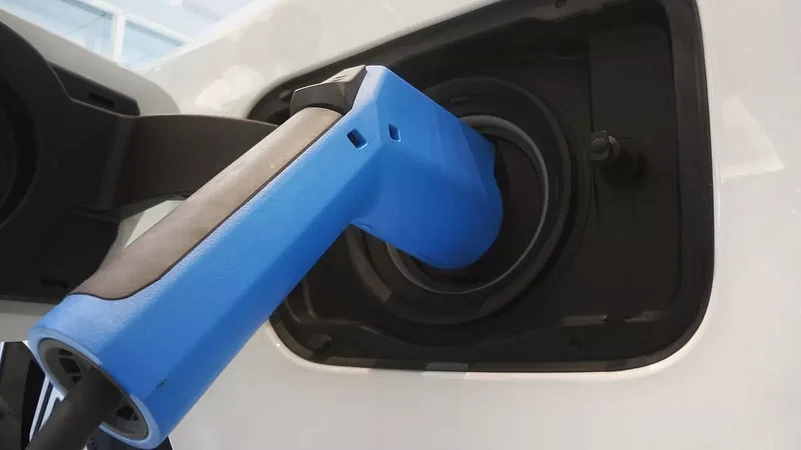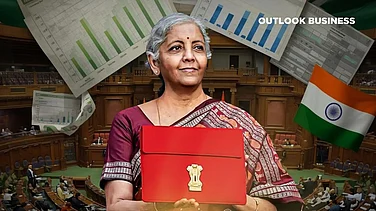While the interim budget witnessed announcements around minimal sectors, a major highlight was placed on the electric vehicle (EV) space and charging infrastructure. In line with the objective of achieving a net-zero target by 2070, the government made announcements regarding the deployment of electric buses for public transport networks.
The centre had mentioned in its interim budget that it will expand and strengthen the e-vehicle ecosystem by providing support for manufacturing and charging infrastructure. FM, in her budget speech, said, "Govt will expand the e-vehicles and will push for greater adoption of electric public transports like buses with formal payment mechanism."
Hyder Khan, CEO of Godawari Electric Motors, commenting on the budget, believes that through robust backing of manufacturing and charging infrastructure, centre has reinforced the groundwork for a more environmentally friendly future. "The focus on creating accessible and eco-conscious mobility solutions highlights the significance of this announcement in the budget. These efforts will enhance EV adoption, paving the way for a cleaner, more interconnected future," Khan said.
FM also announced that the government will be establishing a fund worth Rs 1 lakh crore, aimed at offering 50-year loans with minimal or zero interest rates. This initiative is said to incentivize the private sector to enhance research and innovation in emerging industries.
"The favorable decision to allocate Rs. 1 lakh crore to support the R&D and innovation efforts of the private companies in new-age sectors will also benefit us and our drive to turn EV into mass mobility. Above all, the decision to reduce GST compliance will prove beneficial from the standpoint of trade and exports," said Sushant Kumar, Founder & MD of AMO Mobility.
However, industry leaders had hoped for more supportive policies favoring local manufacturing of electric two-wheeler components and batteries. They believe that extending FAME-II subsidies to commercial EVs would accelerate adoption, promoting cleaner logistics and reducing the carbon footprint.
While impactful, the budget could have further fueled India's economic engine by offering targeted incentives for local battery production and recycling facilities, enhancing supply chain resilience and job creation, stated Rohan Shravan, Founder and CEO of Tresa Motors.




























